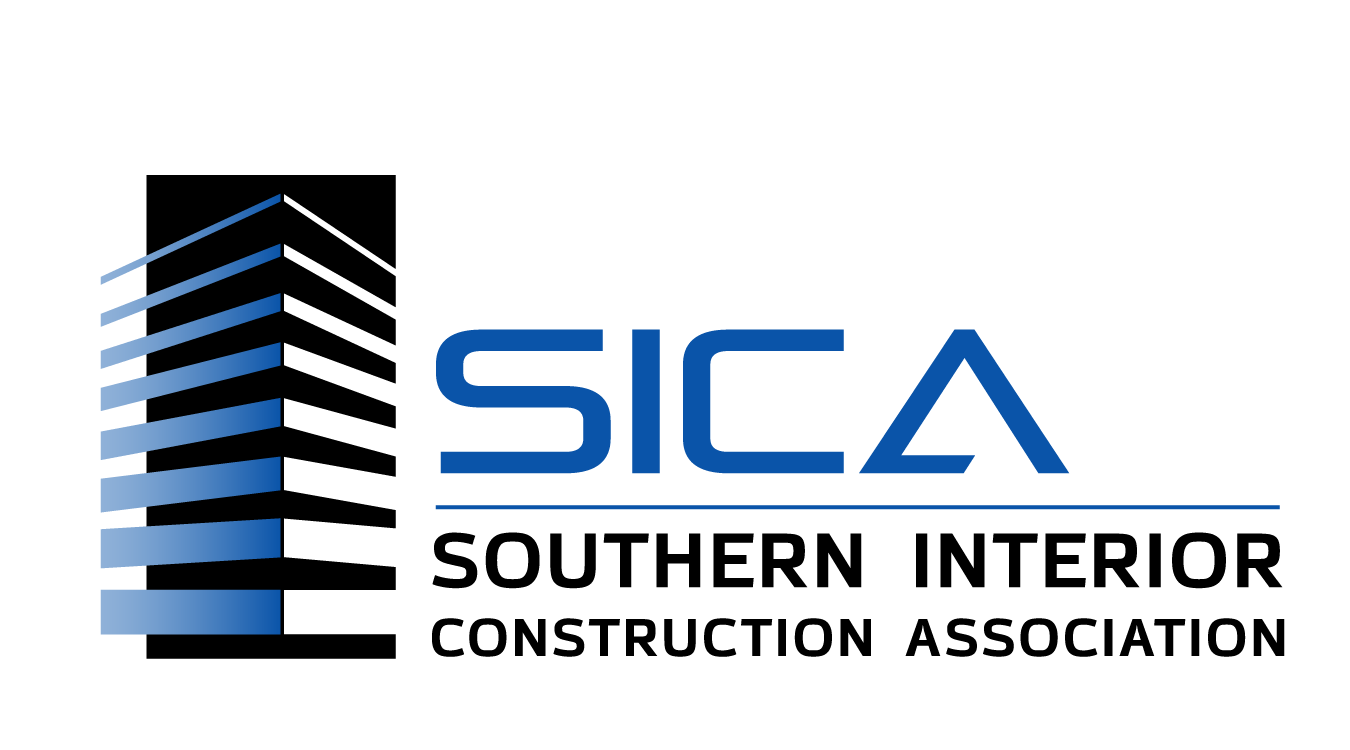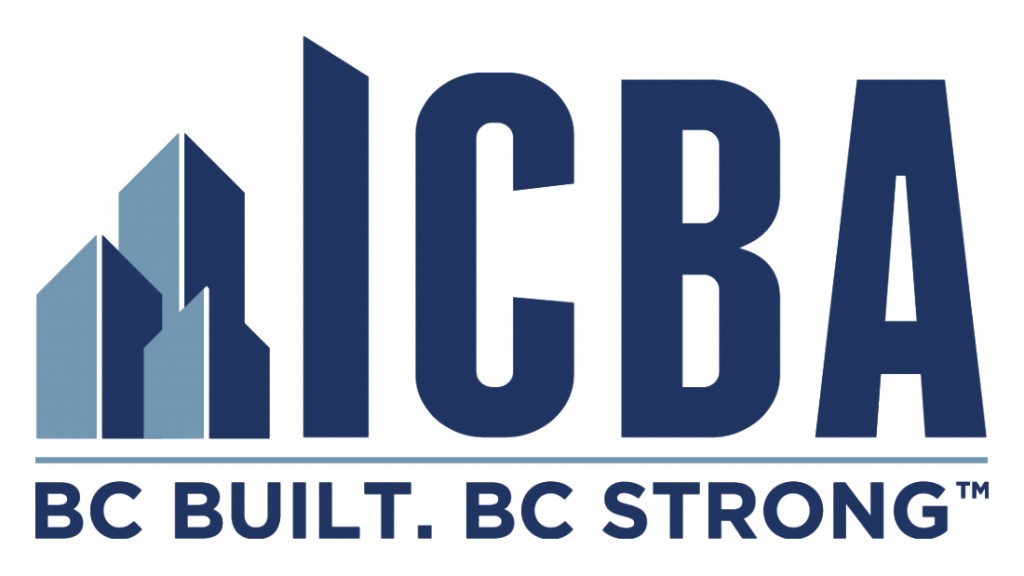Industrial construction is a fascinating realm, where massive structures take shape to house all sorts of operations. Within this broad spectrum lies a specialized niche: the construction of Good Manufacturing Practice (GMP) facilities. GMP facilities are not your typical warehouses – they are meticulously designed and built to ensure the utmost quality, safety, and efficacy of a wide range of products, from life-saving pharmaceuticals to the dietary supplements you take for your daily health.
In this blog, we’ll to explore what goes into a GMP facility and how companies like Chriscan work closely with engineers, architects, and GMP consultants to ensure that the construction of these facilities is up to code and built right.
GMP Certification in Canada vs the United States
While the core principles of GMP remain consistent across North America, there are some subtle differences between the U.S. and Canadian regulations. Here’s a breakdown of industries requiring GMP certification in both.
Industries Requiring GMP Certification
Both Canada and the United States
- Pharmaceuticals: Both countries require GMP certification for facilities producing prescription drugs, over-the-counter medications, and vaccines.
- Medical Devices: Manufacturing facilities for implants, surgical instruments, and diagnostic equipment need to adhere to GMP standards in both nations.
- Biologics: The production of biological products like blood products, vaccines, and tissues falls under GMP regulations in the U.S. and Canada.
Canadian Specific Requirements
- Natural Health Products (NHPs): In Canada, facilities manufacturing dietary supplements, probiotics, and other natural health products require compliance with GMP standards. The States, on the other hand, has separate regulations for dietary supplements under the Food and Drug Administration (FDA) Current Good Manufacturing Practice (CGMP) regulations, which are similar but not identical to GMP.
U.S. Specific Requirements:
- Food Additives and Cosmetics: While Canada doesn’t explicitly require full GMP certification for these industries, they often adopt many GMP principles to ensure product safety and quality. In the U.S., the FDA has separate regulations for Good Manufacturing Practices for Food Additives (21 CFR Part 211) and Cosmetics (21 CFR Part 210), which are again similar but not identical to GMP.
It’s important to note that these are general categories, and specific regulations might vary depending on the exact nature of the product being manufactured in both countries. It’s always best to consult with the relevant regulatory body (Health Canada in Canada and the FDA in the U.S.) for the latest information on GMP requirements for your specific industry.
The 5 P’s of GMP Facilities
More than just a building, a GMP facility is a controlled environment where quality is paramount. The Five P’s of GMP act as a framework that ensures every aspect of the manufacturing process contributes to the consistent production of safe and effective products. They are Products, Processes, Procedures, People and Premises.
Construction companies focus on the last one – Premises. This includes the building’s location, design, construction materials, and interior layout. Working closely with architects, engineers, and GMP consultants, they follow the proper procedures and ensure the facility adheres to strict GMP standards to pass final certification. This could include choosing easy-to-clean materials for walls and floors, installing high-efficiency air filtration systems, and ensuring proper temperature and humidity control throughout the facility.
By understanding these principles and collaborating with GMP experts, construction companies can play a vital role in laying the physical foundation for a successful and compliant manufacturing environment. This translates into a building that’s not just functional, but specifically designed to prioritize the production of safe and effective products.
What Makes a GMP Facility Special?
Unlike your typical industrial warehouse, GMP facilities have a unique set of requirements. These facilities are designed to minimize contamination and maintain strict environmental controls throughout the manufacturing process. They usually also involve massive structures, heavy-duty materials, and specialized equipment.
This translates to a focus on a few key requirements:
- Heavy-Duty Infrastructure: Unlike standard buildings, industrial facilities might require reinforced concrete floors to handle the weight of large machinery or specialized storage needs.
- Complex Mechanical Systems: Industrial facilities often rely on intricate networks of pipes, ducts, and conduits for tasks like ventilation, process cooling, and waste removal.
- Cleanrooms: Perhaps the most critical component, cleanrooms are controlled environments with minimal air particles and contaminants. These areas often feature specialized flooring, walls, and ceilings that are easy to clean and disinfect.
- Specialized Equipment: Depending on the industry, industrial construction might involve the installation of specialized equipment like industrial ovens, processing machinery, or high-capacity electrical systems.
- Air Quality: Advanced ventilation systems, including High-Efficiency Particulate Air (HEPA) filters are essential in cleanrooms to ensure air quality and minimize the risk of contamination.
- Temperature and Humidity Control: Precise temperature and humidity levels are often essential for maintaining product integrity.
- Cleanliness and Hygiene: GMP facilities adhere to strict cleaning and sanitation protocols to minimize the risk of contamination. This includes pass-thru hatches & air showers to allow materials and personnel to enter cleanrooms without compromising the sterile environment. As well, using stainless steel, a durable and easy-to-clean material, for surfaces in GMP facilities due to its resistance to corrosion and contamination.
- Material Flow: The layout of the facility must have an optimized material flow to prevent cross-contamination between different product stages.
- Separate Zones: Different areas within the facility are dedicated to specific functions, such as raw material storage, production, packaging, and quality control.
- Monitoring Systems: Continuous monitoring of temperature, humidity, and air pressure ensures adherence to strict environmental controls.

Building a Brighter Future, One Facility at a Time
GMP manufacturing facilities are the backbone of modern medicine and ensure the quality and safety of countless products we rely on. The complex construction process requires a collaborative effort from various experts, each dedicated to creating a facility that meets the highest standards. As construction technology and best practices evolve, we can expect even more innovative and efficient GMP facilities to be built in the years to come.
With our experience in industrial construction, we’re confident we can help you with your facility builds. We can build something from the ground up or remodel an existing facility to provide the perfect location for your industrial business.
Explore our portfolio to see the kind of work we’ve done in the past or get in touch with us to get started on your next project.








